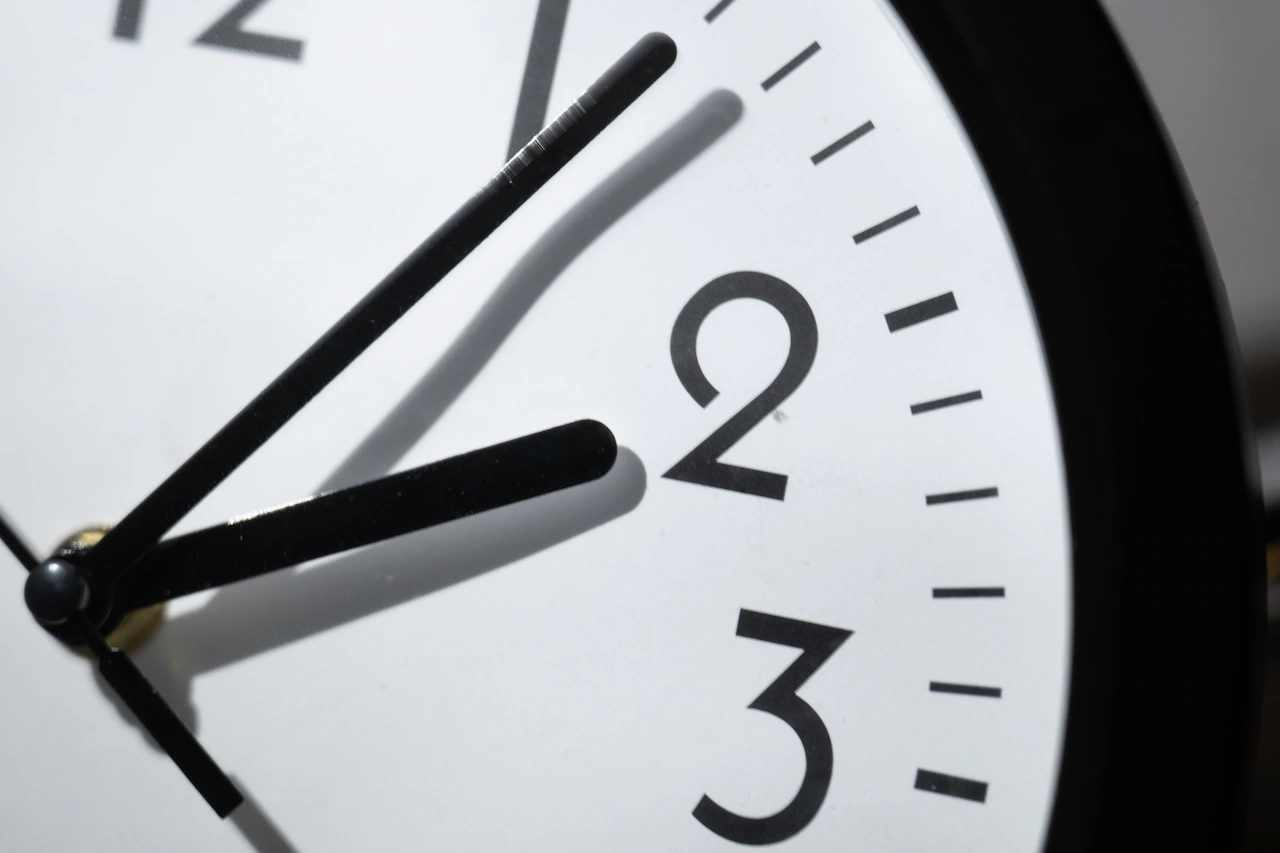Copyright syracuse.com

Daylight Saving Time is ending this weekend, but will President Donald Trump push to end it permanently? Daylight Saving Time 2025 ends on Sunday, Nov. 2, at 2 a.m., a day earlier than last year. Most U.S. states will turn their clocks back one hour, effectively gaining an hour Saturday night. DST, also colloquially referred to as “daylight savings time,” begins on the second Sunday in March and ends the first Sunday of November. We “spring forward” (losing an hour) when DST begins in the spring and then “fall back” when it ends. Digital devices, including computers, TVs and cell phones, will automatically update to the new time at 2 a.m. on Sunday, Nov. 2. For analog clocks, it’s recommended to turn them back manually before going to bed on Saturday, Nov. 1, so all the clocks will show the same, correct time Sunday morning. Most states, including New York, still observe Daylight Saving Time, but some politicians have sought to end the changing of the clocks. Trump said on Truth Social in December he’d like to “eliminate daylight saving time,” but later seemed undecided. “This should be the easiest one of all, but it’s a 50-50 issue. If something’s a 50-50 issue, it’s hard to get excited. I assume people would like to have more light later, but some people want to have more light earlier, because they don’t want to take their kids to school in the dark,” Trump said in March, according to Reuters. “A lot of people like it one way, a lot of people like it the other way, it’s very even. And usually I find when that’s the case − what else do we have to?” Similar disagreements over whether to keep standard time or make daylight savings time permanent, including in the U.S. Senate’s bipartisan bill known as the Sunshine Protection Act and in similar bills in the New York state legislature. For states to change whether they observe Daylight Saving Time requires an act of Congress. In April, Trump urged Congress to “push hard for more Daylight at the end of a day,” suggesting he’d want to make Daylight Saving Time permanent. On Truth Social, he called the changing of the clocks “a big inconvenience and, for our government, A VERY COSTLY EVENT!!!” But some states don’t change their clocks at all: Arizona (except for the Navajo Nation), Hawaii, and the U.S. territories of Puerto Rico, Guam, American Samoa, Northern Mariana Islands and the U.S. Virgin Islands do not observe Daylight Saving Time. They observe Standard Time year-round, while other states (including New York) spend half the year in Standard Time and the other half in DST. According to the Associated Press, gaining an hour tends to be easier for most people than losing it, though everybody’s internal clock still needs to adjust. Studies have found heart attacks and strokes tend to increase right after DST starts in March, while sleep struggles and depression (including seasonal affective disorder) can occur more often in the shorter days of fall and winter. Daylight Saving Time was first established during World War I to conserve fuel for war industries. The law was repealed after WWI ended, but was re-established by Congress during World War II due to energy consumption and became U.S. law in 1966 when President Lyndon B. Johnson signed the Uniform Time Act, establishing uniform start and end times within standard time zones. The policy, regulated by the Department of Transportation, aims to save energy and reduce car crashes and crime. Some health experts say eliminating Daylight Saving Time (or making it permanent) in other states would be a “bad idea.” A neurologist and spokesman for the American Academy of Sleep Medicine said not changing clocks would make most of America feel like it’s suffering “permanent jet lag.” The Firemen’s Association of the State of New York uses Daylight Saving Time to remind people to replace batteries in their smoke detectors when they change their clocks. The group says 60 percent of home fire deaths occur in homes without working smoke alarms.



